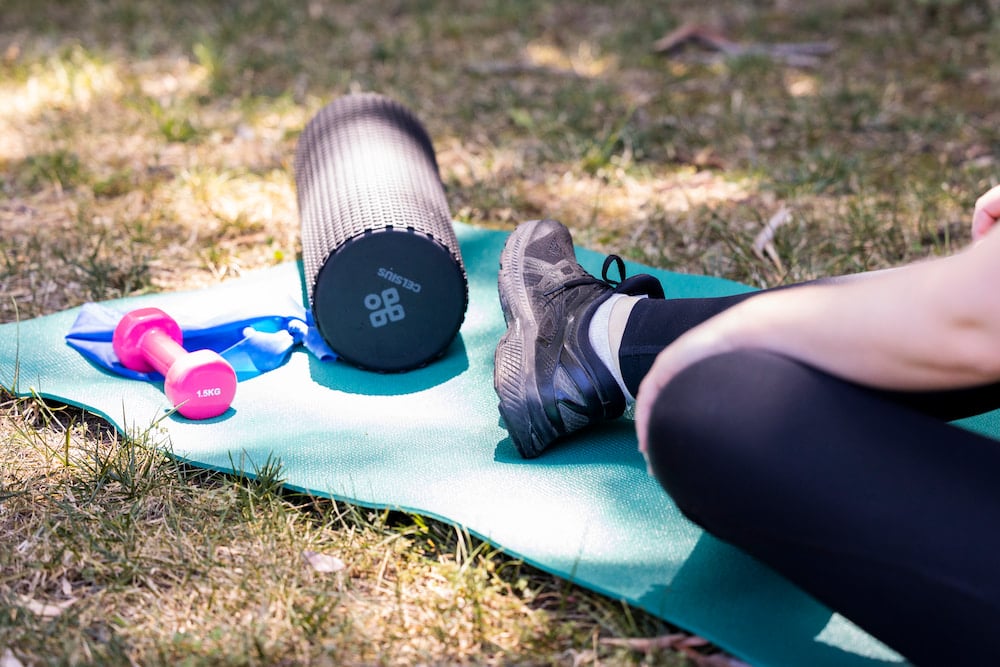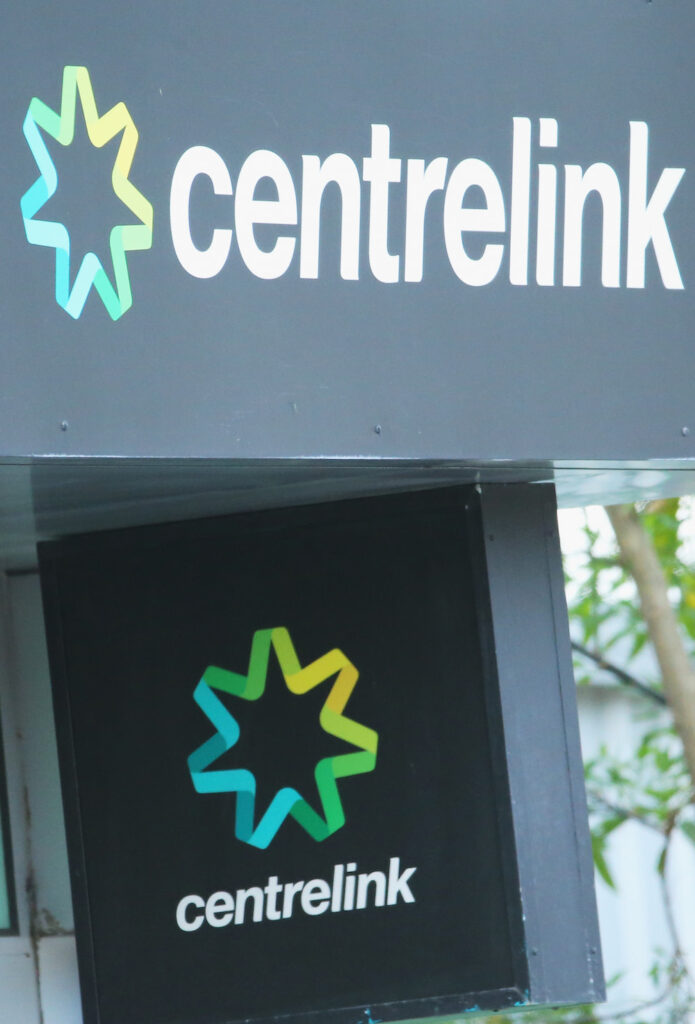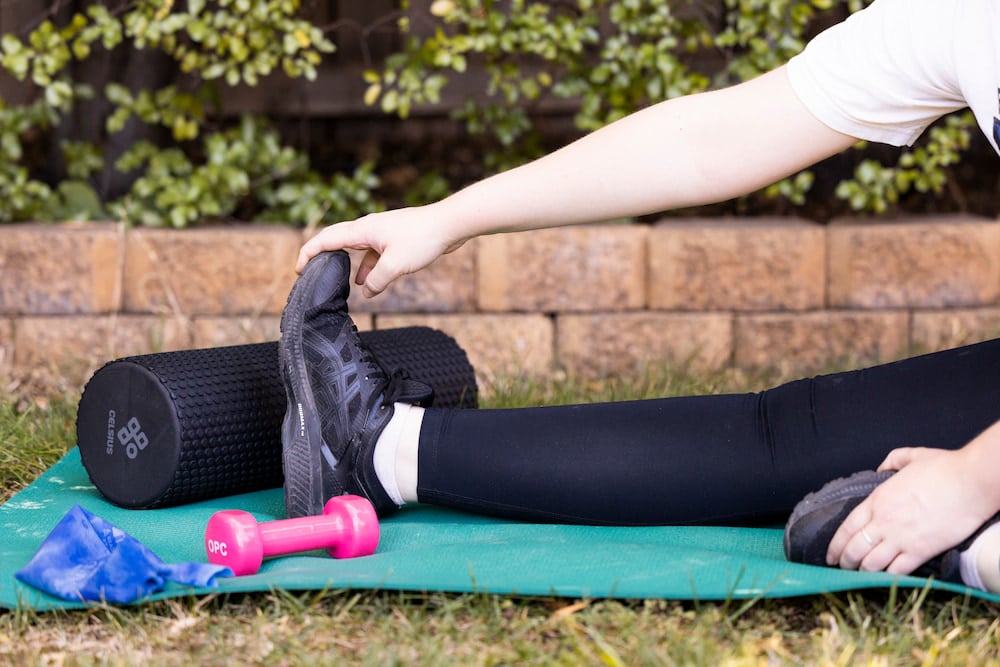When unemployment income support was increased by the Coronavirus Supplement, Canberra JobSeeker recipient Tiffany Lee* used the additional funds to break out of a ten-year “cycle of hopelessness” and invest in her mental and physical health.
Ms Lee told Canberra Daily she made more progress over the past nine months than she did in 10 years on Centrelink’s NewStart Allowance, now known as JobSeeker Payment, which amounted to $40 a day.
“See what people don’t get is that having extra money allows you to better take care of yourself,” she said.
“It allows you to learn new skills, gets you the treatments you need in order to get better and it allows you the opportunity to get yourself out of that cycle of hopelessness. It gives you options.”
Ms Lee lives with Type 2 diabetes, atrial flutter otherwise known as a ‘fast heart’, bone spurs in her feet caused by osteoarthritis and was diagnosed with Borderline Personality Disorder (BPD) last year.
The Coronavirus Supplement began in April 2020 as an automatic additional payment of $550 per fortnight for Australians receiving certain types of payments from Centrelink, including JobSeeker.
The supplement was incrementally reduced over the past five months, to $250 per fortnight in September down to $150 per fortnight on 1 January 2021. It is scheduled to cease entirely on 31 March.

When her fortnightly income increased, Ms Lee enlisted the help of a personal trainer at $70 a session, signed up for a gym membership which costs $50 a fortnight, and was able to book more appointments with her clinical psychologist.
She bought good quality runners that were $120 on sale, an expense she said she would never have been able to budget for before the Coronavirus Supplement.
“If I was on my own payment, that’s about a quarter of what I would be getting – not a lot of people would bother buying shoes that would help them.”
Last year, Ms Lee’s psychologist moved from a public to private clinic and she was left with a stressful choice between joining a year-long waitlist to see a different psychologist via the public system or paying $250 an hour before rebates to see her existing clinician.
She opted to pay out of pocket and get a Medicare rebate, to maintain regular contact with a mental health professional.
“It costs money to survive, you know what I mean? Life’s not easy.”
Simultaneously, she was struggling to manage her diabetes and felt she couldn’t access the expert help she needed.
“I was declined and apparently not eligible to see a diabetes social worker in the public health system due to the fact I was seeing a psychologist.”
In a letter seen by Canberra Daily, ACT Health wrote, “Unfortunately, you are ineligible for this service as you are accessing the ACT Mental Health Service and seeing a Private Psychologist”.
But Ms Lee said she only accessed two appointments through the ACT Mental Health Service and appointments with her clinical psychologist covered different issues.
“Seeing a psychologist once a month and then talking about diabetes is a waste of that one-hour session that I would be paying $250 for, when I have more important issues to talk to them about.”
Ms Lee said she knew nothing about the National Disability Insurance Scheme (NDIS) prior to meeting her disability support coordinator, Jessica Willets of Greenleaf Disability Service, through a community Facebook group in 2020.
Once Ms Lee was formally diagnosed with BPD, and with Ms Willets’ guidance, she was set up with Disability Employment Services and an NDIS plan.
“I was suddenly able to access all these new supports and I was finally able to help myself,” she said.
“I’ve been on Centrelink since I was 23 years old, but they don’t teach you the skills you need in order to go off it.”

Not having a driver’s licence was another barrier to gaining and keeping employment for Ms Lee, who commuted from Kippax to Queanbeyan for her last job.
Her previous employment provider offered her 10 driving lessons; however, she needed a few more lessons to be road ready.
The Coronavirus Supplement allowed Ms Lee to fund additional lessons which cost $85 an hour, an expense she said “not a lot of people would bother with” on the regular JobSeeker rate.
“But I wanted to kind of upskill myself, so when I get a job, I can drive myself.”
Ms Lee now has a provisional driver’s licence and would like to save to buy a car.
“I’ve been thinking a lot about when the payment goes down – how will that affect me?
“It’ll take a lot longer to save, confidence will be down.
“I think that people forget, who say that the increase in the payments doesn’t help or it’s not that much. But it makes a huge difference to me.”
According to figures from the Commonwealth Department of Social Services (DSS), over 28,000 Canberrans are receiving Commonwealth income support payments that include the Coronavirus Supplement.
In November 2020, there were over 1,300,000 JobSeeker Payment recipients and more than 300,000 Disability Employment Services participants across the country.
According to DSS, there is no data available to show how many JobSeeker recipients are also registered with a Disability Employment Service provider.
ACT Council of Social Services (ACTCOSS) CEO Dr Emma Campbell said cuts to the Coronavirus Supplement have already pushed thousands of Canberrans deeper into poverty.
Dr Campbell argued higher income support payments would benefit the economy and boost employment statistics.
“There’s very little evidence out there that decent levels of income support prevent people from getting into work – quite the opposite,” she said.
“When you put money into the hands of people on low incomes, as Tiffany demonstrated, they spend it immediately – but not frivolously.
“They spend it on new clothes, decent food, staying well, training.
“That all goes into the economy and it goes into local businesses.”
Ms Lee said being on Centrelink was “really lonely” and people misunderstood what it was like.
“Some people who work really hard, they probably look at us and say ‘They get paid the same as us for not doing anything’, but the thing is not a lot of people choose to be on Centrelink.
“I’d rather give up all my medical appointments.
“I would give anything to find a job,” Ms Lee said.
*Ms Lee’s name has been changed in this article to protect her privacy. She uses the pseudonym Tiffany Lee on Facebook where she founded a group called Canberra Job Seekers, a supportive space for people looking for work to share knowledge.
For more:



